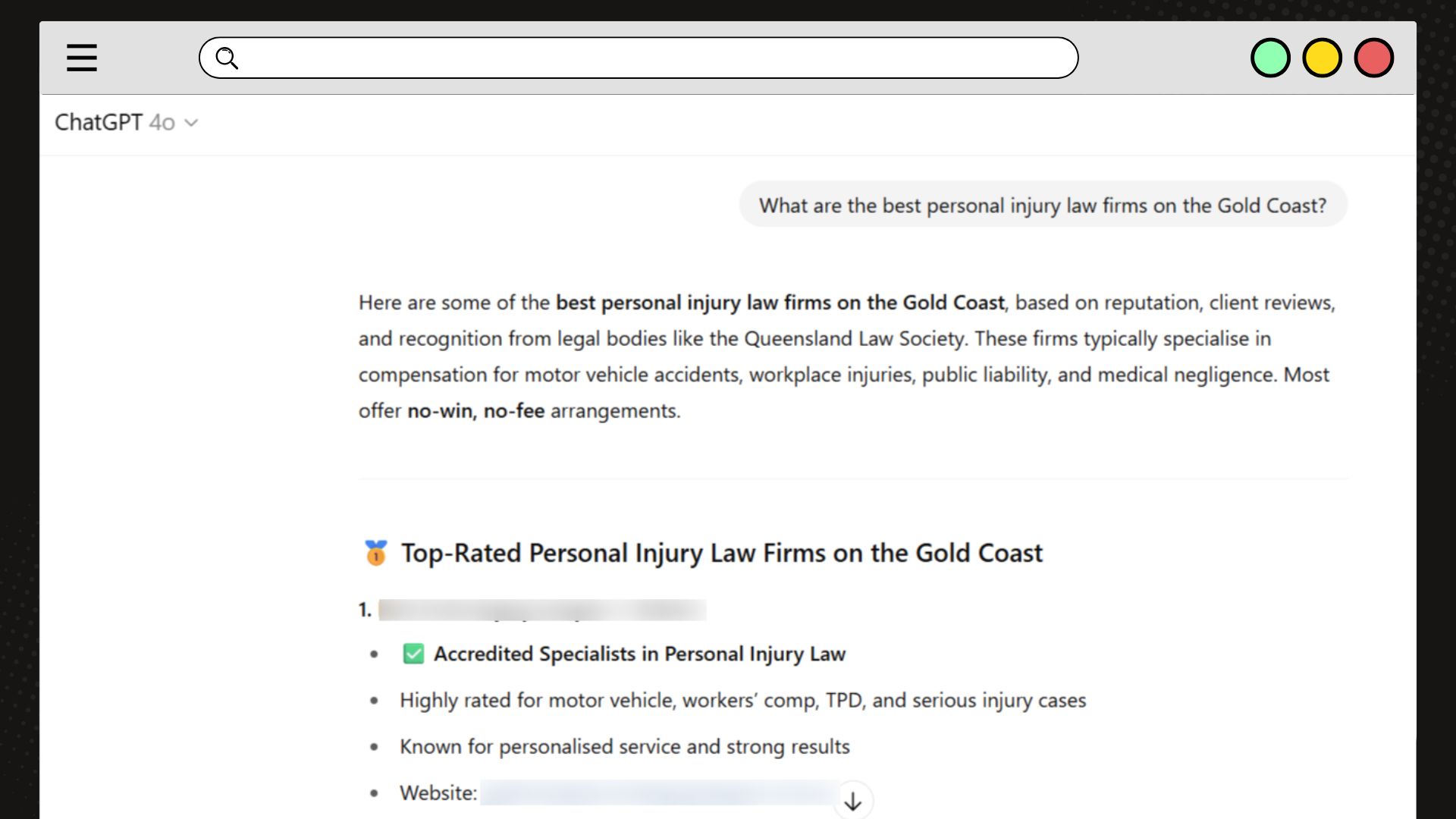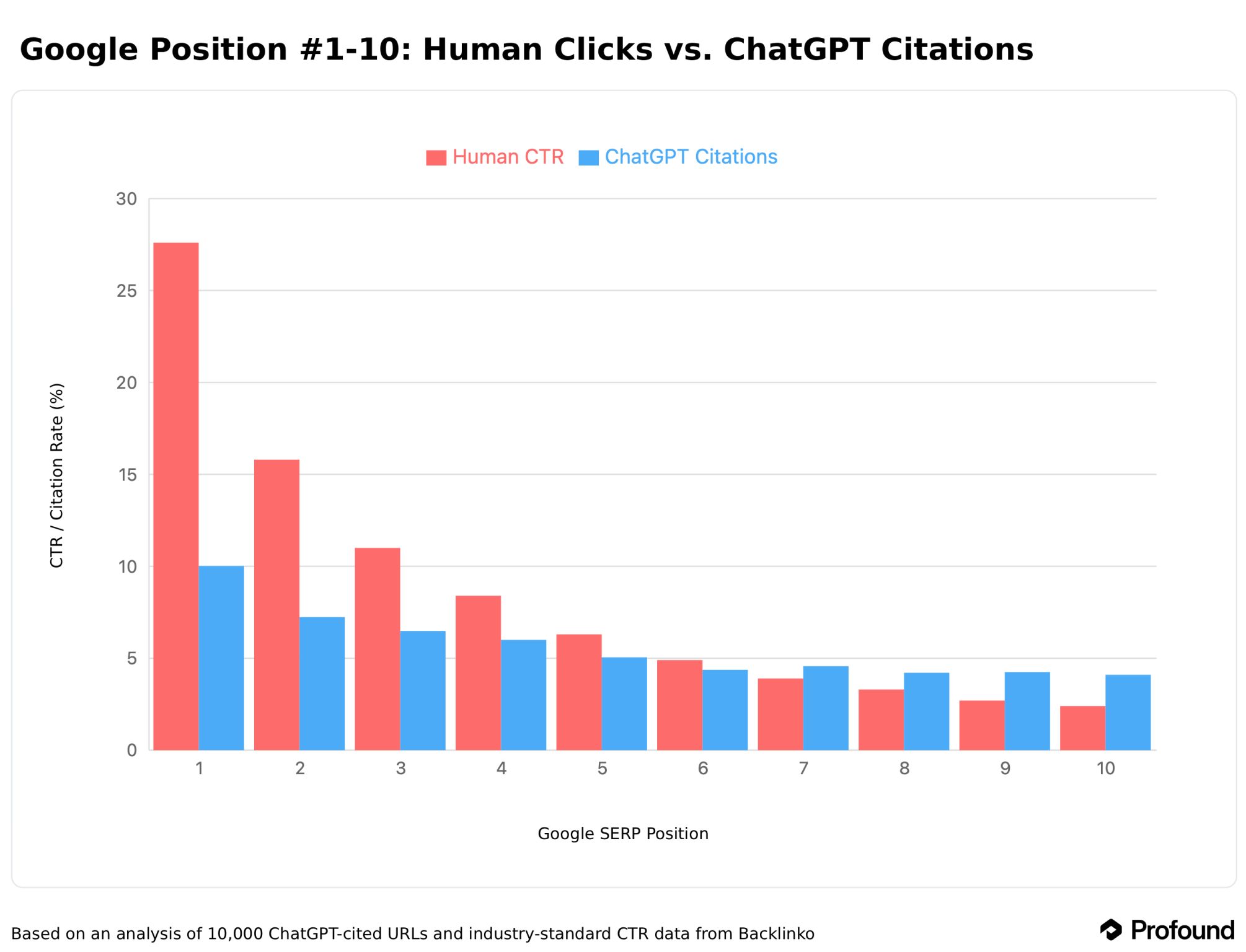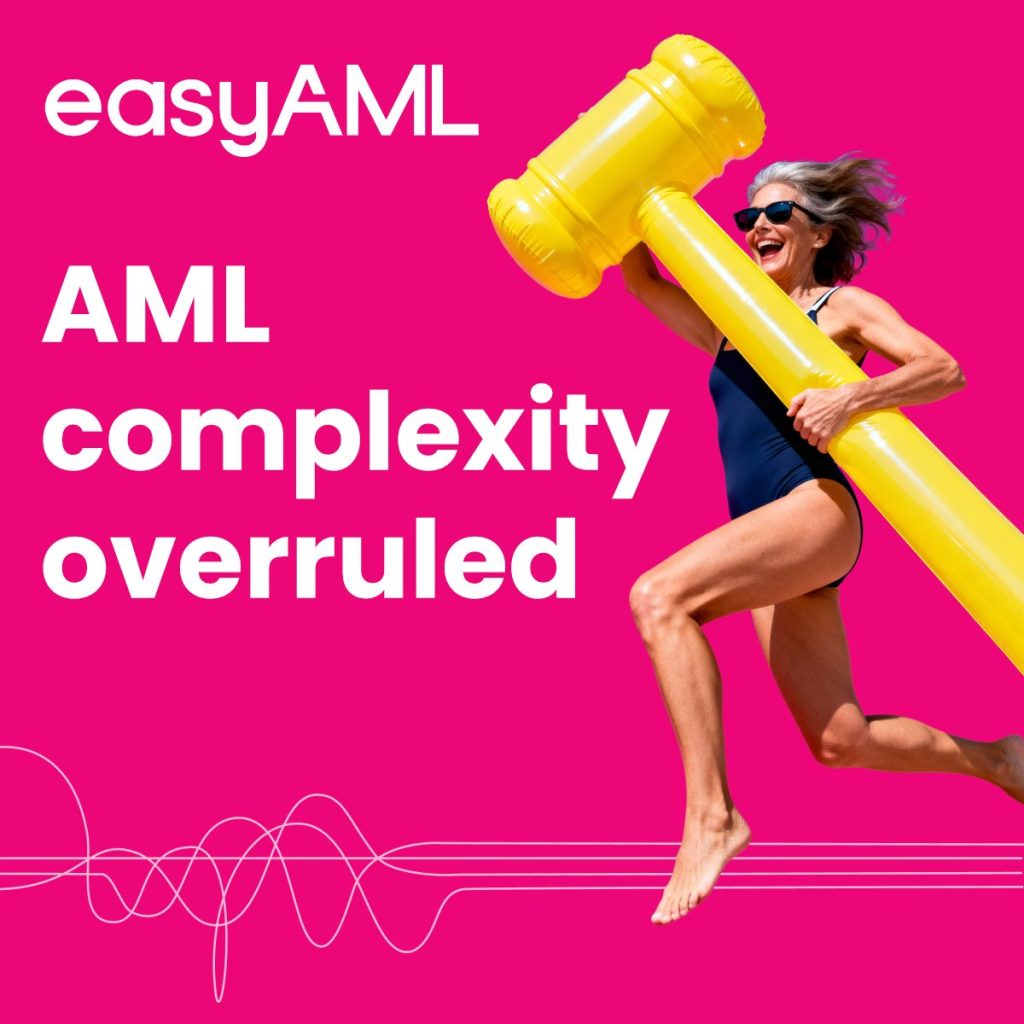If your law firm has benefited from strong organic rankings in Google, it’s easy to assume that visibility will carry over as search evolves.
It won’t.
Search is shifting. Not just in how people ask questions, but in who answers them. Your prospective clients aren’t just using Google. They’re turning to:
- ChatGPT to get a shortlist of firms that match their needs
- Perplexity for legal definitions, comparisons, and expert-backed summaries
- Google AI Overviews that summarise information directly in the results
And with Google’s AI Mode around the corner, this shift is only accelerating. It introduces a conversational search experience, one that refines questions, summarises sources, and keeps users from ever needing to click through to a site.
If your firm isn’t clearly understood, cited, or recommended by these AI experiences, you may not even be considered. Traditional SEO success does not guarantee future visibility.
The question you must ask now is simple: Are we being mentioned or recommended, and what is the AI saying about us?
From research to recommendation: The shift in cognitive cost
Until recently, prospective clients either knew your firm and went direct, or they searched Google, browsed sites, read reviews and made their own comparisons..
That process placed the cognitive load on the client, requiring them to actively research and evaluate their options.
Now, that dynamic has changed.
Now, clients are outsourcing that research to ChatGPT, Perplexity and Google’s AI Overviews. Instead of comparing multiple sites, they ask a single question or a series of questions and receive a confident, curated response.
For example: a prompt like “best personal injury lawyers on the Gold Coast” might return a shortlist of firms, each summarised by areas of expertise, client feedback, and specialist accreditation. It reads like a recommendation – because that’s exactly how it’s interpreted.

This shift has real consequences:
- A prospective client may never visit your website
- Their decision might be based on a few lines of AI-generated text
- They may choose a competing firm simply because their brand is clearer, more present or more trusted
AI isn’t just changing how people search. It’s changing how and when they decide.
How AI decides which law firms to recommend
AI search experiences don’t work like traditional Google results. They don’t pull from a list of ranked links. Instead, they generate answers using a blend of signals that help the model understand which firms are credible, relevant, and safe to recommend.
This includes:
- Clear and consistent entity recognition – who you are, what you offer, and where you operate
- Structured data (schema) that outlines your services, people, and locations
- Mentions in legal directories, review platforms and professional associations
- Coverage on reputable third-party sites, including legal publications, news coverage and industry blogs
- Trust signals like reviews, credentials, awards and accreditations
Importantly, AI tools like ChatGPT treat the full first page of Google as a viable source pool. Unlike human users who focus heavily on the top three results, ChatGPT often cites pages ranked between 4 and 10 – giving firms in those positions meaningful visibility if their content is trustworthy and well-presented.

These answer engines are assembling a picture of your firm from across the web. If that picture is incomplete, inconsistent, or missing entirely, you’re unlikely to be surfaced – let alone recommended.
It’s not just about what’s on your site. It’s about how your brand is understood and reinforced everywhere else.
Where law firms will fall short
Even firms with strong reputations and solid SEO foundations will be unprepared for how AI-driven search works.
Common gaps include:
- Inconsistent language and messaging across your website, Google Business profile, legal directories, and team bios
- Over-reliance on organic rankings without building brand presence beyond your own site
- A lack of helpful content that addresses the kinds of questions prospective clients now ask AI
- Content that holds back detail, failing to build trust or relevance, now risks being excluded from the conversation entirely
In the past, your website could carry the weight of that discovery process. But AI search draws from signals across the web. If your brand is not clearly and consistently positioned, you’re unlikely to be mentioned – let alone recommended.
Rethink your visibility strategy for the AI search era
If your firm has focused primarily on rankings, it’s time to reframe your approach. Visibility in AI search is no longer about climbing to position one, it’s about being understood, mentioned and trusted across multiple platforms and contexts.
Audit your online presence
- Identify where your firm shows up across the web – directories, reviews, content, citations
- Check whether your messaging is consistent, clear, and aligned with what you want to be known for
- Ask whether your firm is being mentioned in the right context for your key services and locations
Invest in brand perception beyond your website
- Encourage reviews that reflect your strengths beyond expertise
- Align messaging across your website, directories, and profiles
- Pursue third-party mentions that reinforce credibility and client outcomes
AI tools don’t just read your website. They learn from how you’re talked about everywhere.
Create content that keeps you in the conversation with AI
- Answer the questions clients used to find through browsing – process, pricing, timelines, next steps
- Focus on your core practice areas and go deep on what matters to your audience
- Be generous with detail – what you leave out may now cost you visibility
The takeaway
The way people find law firms has already changed.
ChatGPT, Perplexity, and AI Overviews are already shaping decisions before a client ever visits your site. And with AI agents on the way, that influence will only grow.
This is the most significant shift in legal marketing since the rise of search engines. It’s not just about leads – it’s about whether your firm is even in the conversation. Don’t let AI leave your brand behind.




